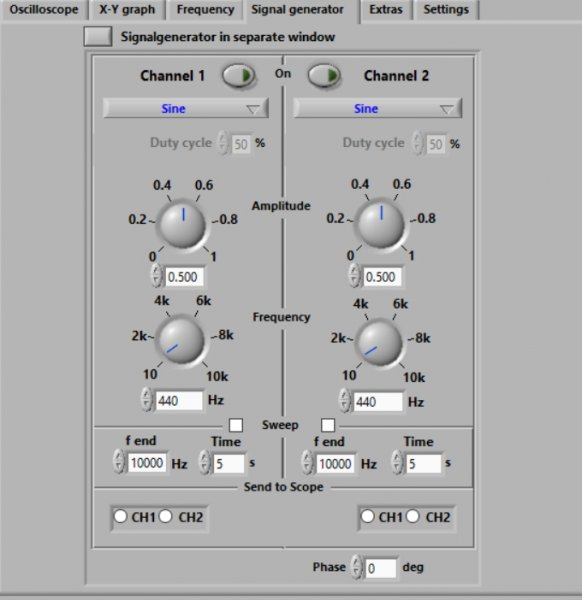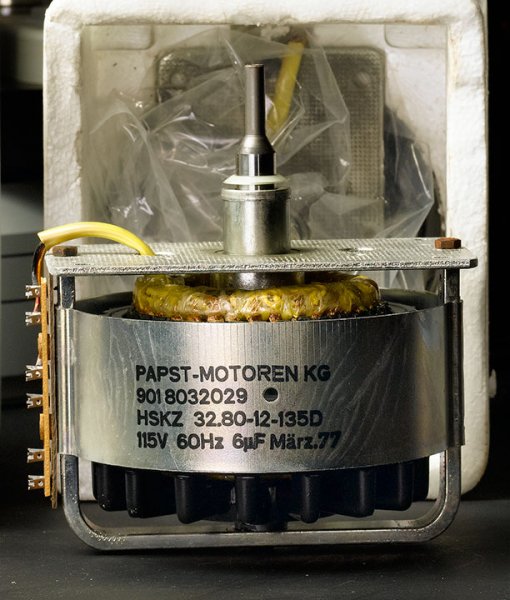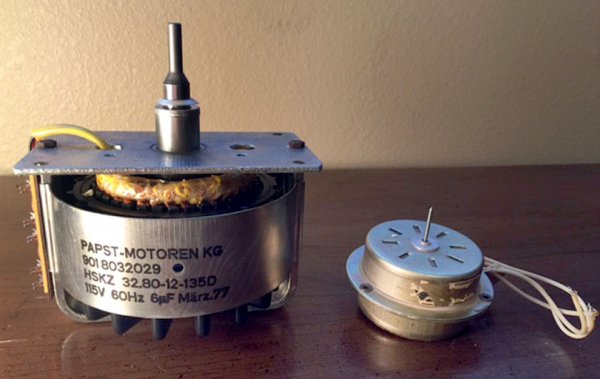The Falcon only puts out 5 Watt 115 VGood. But we should not forget that step up transformers at low power usually are not very efficient.
Do you have a value for power and voltage?
The necessity for absolute tt speed control
- Thread starter spiritofmusic
- Start date
You are using an out of date browser. It may not display this or other websites correctly.
You should upgrade or use an alternative browser.
You should upgrade or use an alternative browser.
The Falcon only puts out 5 Watt 115 V
I will measure the power consumption of the A80 capstan motor later and will report.
I don't think 5 watt will be enough.The Falcon only puts out 5 Watt 115 V
david
Thank you Franscisco, please check the frequency too !I will measure the power consumption of the A80 capstan motor later and will report.
Last edited:
I imagine it is even more than 25 W on startup, the Ps Audio can do it no problem. I have one 300W model and 2 500W models, but the adjustment is not as fine as on the Phoenix supply,I don't think 5 watt will be enough.
david
25w is probably enough.I imagine it is even more than 25 W on startup, the Ps Audio can do it no problem. I have on 300W model and 2 500W models, but the adjustment is not as fine as on the Phoenix supply,
david
Check the frequency too !
Aproximately 24 W. The frequency is 50 Hz, the Studers operate the capstan in a servo system at mains frequency controlling the amplitude. For 60 Hz operation we must change the capacitor, if you want to operate at other frequencies you must tune the capacitor.
25w is probably enough.
david
Very good guess! David, some time ago you posted a picture of the AS 2000 /AF0 motor , praising its characteristics. Do you remember at which WBF sub-forum?
Very good guess! David, some time ago you posted a picture of the AS 2000 /AF0 motor , praising its characteristics. Do you remember at which WBF sub-forum?
No, what would you like to know I can post again? Is it just the picture that you need?
david
Yes we could all need som audio pornNo, what would you like to know I can post again? Is it just the picture that you need?
david
No, what would you like to know I can post again? Is it just the picture that you need?
david
Yes, thanks!
The PS Audio can be set anywhere from 50 hz - 60 hz.Aproximately 24 W. The frequency is 50 Hz, the Studers operate the capstan in a servo system at mains frequency controlling the amplitude. For 60 Hz operation we must change the capacitor, if you want to operate at other frequencies you must tune the capacitor.
That does look very powerfulHere it is next a typical tt motor. Studer motors are about the same size as the small motor in the pics.
View attachment 67026
View attachment 67027
The one on the right is about what you used to get in a typical high end tt, of course these days it's mostly dc motors.That does look very powerfulIs that one the right made to run a matchbox racecar ?
David
And some manufacturers use several not so powerful motors, but i have a feeling it’s mostly marketing, the more motors the more expensive. Seems especially the Germans go for thatThe one on the right is about what you used to get in a typical high end tt, of course these days it's mostly dc motors.
David
The Condor PSU will not drive your Studer motor. It is designed to work only with the BLWS-172 series BLDC motors which are rated at 12W. The PSU runs the motor at ~12W at start up, then reduces the power to ~9W for lower vibration. If you connect the output of the Condor to any other load, it will most likely destroy the output amps.
The other problem with doing this: The Condor starts the motor at 2Hz and ramps up to 20Hz for 33 RPM at the platter; the BLWS has 4 poles and RPM=60*freq/pole pairs =600 RPM. Neither of these frequencies will produce the desired result through a step up xfmr.
The Condor/Eclipse package should be more than capable of driving your platter. If you want to use the Studer motor, look at the SG4 DIY kit:
https://www.diyaudio.com/forums/analogue-source/298018-diy-4-phase-sinewave-generator-turntable-motor-drive.html
I believe DIY member ralphfcooke has done a 3 phase version to drive a Papst motor using step ups and conventional class D amps.
The other problem with doing this: The Condor starts the motor at 2Hz and ramps up to 20Hz for 33 RPM at the platter; the BLWS has 4 poles and RPM=60*freq/pole pairs =600 RPM. Neither of these frequencies will produce the desired result through a step up xfmr.
The Condor/Eclipse package should be more than capable of driving your platter. If you want to use the Studer motor, look at the SG4 DIY kit:
https://www.diyaudio.com/forums/analogue-source/298018-diy-4-phase-sinewave-generator-turntable-motor-drive.html
I believe DIY member ralphfcooke has done a 3 phase version to drive a Papst motor using step ups and conventional class D amps.
The Condor PSU will not drive your
The Condor/Eclipse package should be more than capable of driving your platter. If you want to use the Studer motor, look at the SG4 DIY kit:
https://www.diyaudio.com/forums/analogue-source/298018-diy-4-phase-sinewave-generator-turntable-motor-drive.html
I believe DIY member ralphfcooke has done a 3 phase version to drive a Papst motor using step ups and conventional class D amps.
Good suggestions, but why not replacing such big efforts with a virtual signal generator? After optimization we can generate a file and put it in a very cheap audio portable (iPod like) device to use it permanently - playing the file from the beginning starts the turntable, stop or pause stops it.
I have a few signals permanently stored in this way - when I need them I just connect the appropriate vintage iPod that no one wanted any more ...
BTW, the generator has a sweeping feature that can be used to develop a progressive start.

The Condor/SG4 reduces the voltage after startup to reduce vibration. Your iPod scheme could do this, but then you would need a very long file for continuous play as looping the file will not work. Even without a reduced voltage step, looping will produce a discontinuity when it reaches the end and loops unless you match the ending phase with the starting phase. The Condor/SG4 are 3 phase controllers and phase, amplitude and frequency are agile to optimize performance. The Condor can adjust all 3 in real time as the frequency ramps between start up and run or between 33/45/78 RPM. Both the SG4 and Condor store different parameters (frequency/phase/voltage) for each speed (33/45 in the SG4, 33/45/78 in the Condor) The Condor can accept feedback from the RR tach and compensate for drift as the table warms (typically 0.2~0.3 RPM change if uncompensated). The SG4 is a DIY kit and cost ~$50 to build. The Condor is a commercial product and is $725 including the motor.
As always, there is more than one way to skin a cat. The iPad route has been tried before and is a viable solution, just not a very elegant one, IMO.
As always, there is more than one way to skin a cat. The iPad route has been tried before and is a viable solution, just not a very elegant one, IMO.
Phoenix, my rim drive could be a candidate for the Condor it's been suggested. What considerations are uppermost?
Similar threads
- Replies
- 19
- Views
- 1K
- Replies
- 16
- Views
- 5K
- Replies
- 5
- Views
- 2K
| Steve Williams Site Founder | Site Owner | Administrator | Ron Resnick Site Owner | Administrator | Julian (The Fixer) Website Build | Marketing Managersing |








